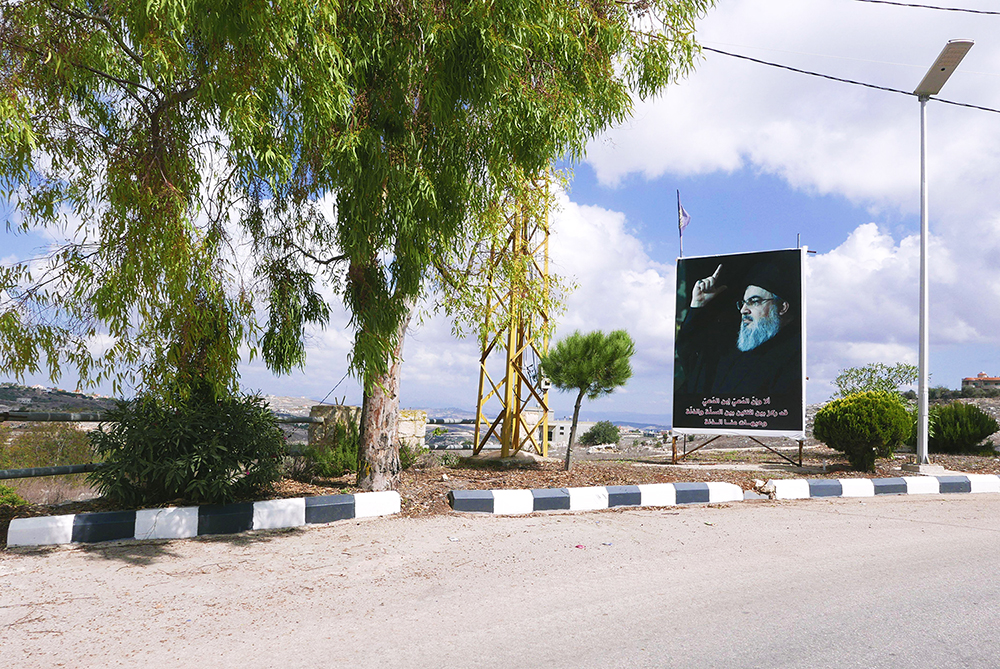
Today’s nervously anticipated televised speech by Hezbollah’s leader was touted ahead of time as a potentially decisive – and destructive – moment. Would the Iran-backed militant group open a new front in the Israel-Hamas war? Were we about to see a conflagration across the Middle East? But, ultimately, Hassan Nasrallah promised only more of the same: vague uncertainty.
Over the course of his wide-ranging address Nasrallah, 63, alternated between denying advance knowledge of his ally Hamas’s 7 October attack while also praising it; denouncing Israel’s bombing of Gaza while also mocking its forces for having “not been able to make any achievement” after weeks of war; and casting blame on the US. “The United States is totally responsible for the war raging in Gaza,” he said, demanding Washington call for a ceasefire.
Nasrallah refrained from declaring all-out war in his address, which was viewed by tens of thousands in Lebanon on large screens set up by Hezbollah. But he did promise that the fighting that was already taking place on Israel’s northern border was “not the end” and that “all scenarios are open on our Lebanese southern front”.
“Some say I’m going to announce that we have entered the battle,” Nasrallah said. “We already entered the battle on 8 October.” For the past month, Hezbollah and the Israel Defense Forces have fired daily strikes at one another over Israel’s northern border. More than 50 Hezbollah fighters and ten civilians – including a Reuters journalist – have been killed by strikes in Lebanon since 7 October, while Israel says seven of its soldiers and one civilian have been killed by Hezbollah. “What we have done since 8 October is unprecedented in terms of our fighting strategy,” Nasrallah said in his speech today. “Every day, we have been targeting Israeli soldiers, tanks, drones and sensors, the eyes and ears of Israel. We have been engaged in a true battle.”
As Katie Stallard made clear in this week’s New Statesman, Nasrallah is well-versed when it comes to spin. Following the 2006 Lebanon War, which ended in a UN-brokered ceasefire after considerably more losses the Lebanese side – 1,200 to 159 Israelis – Nasrallah held a rally in which he touted Hezbollah’s “divine, historic and strategic victory” over Israel and its ally America. He boasted: “No army in the world is strong enough to disarm us.”
But while its leader’s braggadocio is excessive, Hezbollah does pose a much greater threat to Israel than Hamas does. It’s a far more battle-hardened militia and, thanks to backing from Iran, is heavily armed with an estimated 150,000 missiles. Should Nasrallah choose to escalate hostilities, Israel – and the Middle East – could find itself in the midst of a brutal regional war.
We’re not there yet. But if we believe one thing from Nasrallah’s speech it should be this: “What happens on the Lebanese front will depend on what happens in Gaza.”
[See also: What the West got wrong about Iran]






